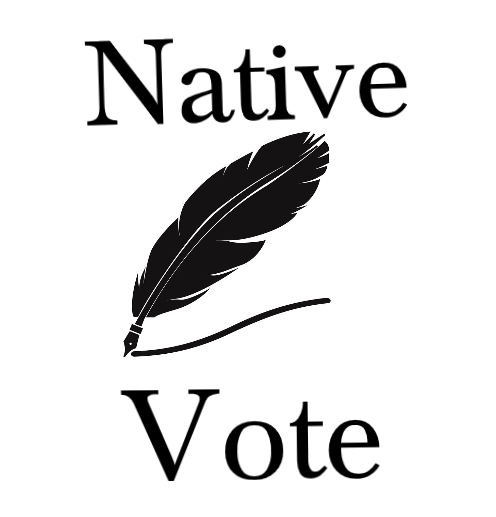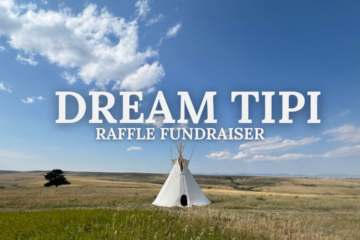
As the oldest inhabitants of this continent, and now minority after hundreds of years of intentional genocide, getting our voice heard and voting continues to be under attack. Despite over 12,000 Natives enlisting to fight in WWI, Indigenous People didn’t become U.S. citizens until six years later in 1924, and it wasn’t until the 70s that all states allowed Native Americans to vote. In the last 94 years, Indigenous People have encountered many issues at polling stations. Last week, the day after many cities across the United States celebrated Indigenous Peoples Day, the U.S. Supreme Court refused to look at an emergency application (Brakebill, et al. v. Jaeger) led by Native American Rights Fund which would have prevented new voter identification laws from being implemented.
The North Dakota law requires voters to have an ID with a physical address and will not allow the use of a PO Box. The new law impacts thousands of rural Indigenous voters who do not have physical addresses because they live in remote reservation homes. Now the rush is on for getting a street address. Contacting the county emergency coordinator is one of the ways tribal members can track down an address for places with no streets or house numbers. One Tribal ID office has so much demand machines are overheating and melting new cards.
The Secretary of State for North Dakota, Al Jaegar, has said that presenting an ID with where you live is a pretty simple process, and some are making it out to be a lot more than it is but Jaeger will be appearing on the November ballot backed by unanimous GOP support and Indigenous voters tend to vote Democratic, so ultimately, it’s in Jaegers best interest if the Native vote takes a little extra effort. As shocking as it may sound, legal voting suppression certainly isn’t new. In 2014, Indiana passed a photo ID law for voting and then promptly closed DMV’s in minority neighborhoods. Whether its minority or economic class suppression, it’s cold and calculated voter manipulation disguised as law.
A Rosebud Sioux based group, Four Directions, who works to advance equality at the ballot box, along with other tribes in North Dakota are planning to have tribal officials present at all polling stations to assist Native voters who show up without valid identification.
This situation is only igniting the fire within Native communities who know things must change. One thing that has changed, is that these decisions cannot be made very quietly anymore. Now we have social media, and with one share multiplied by our entire population, the world can easily become aware of the injustices we face as Indigenous People in the U.S. democratic system. Some races are decided by just a handful of votes, this small margin is exactly why your vote in the November midterm elections counts!
10/18/2018 | by Souta Calling Last


